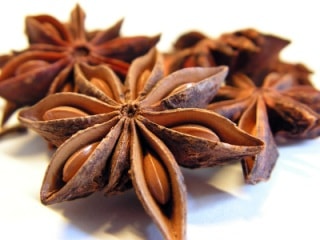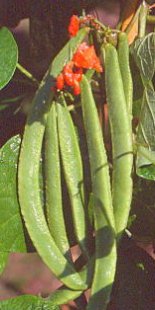Arugula (Eruca vesicaria sativa) is a leafy green herb of themustard family. Known also asrocket, Italian cress, roquette, and rucola, arugula has elongated dark green leaves that are lobed like the leaves of an oak. In the ground, the plant resembles a loose lettuce with long, slender leaves.
Arugula is related to both the radish and watercress, and the flavor of the leaves is similarly hot and peppery. The leaves can be between 3 and 8 inches (7.5–20 centimeters) in length, depending on the maturity of the leaf. Native to the Mediterranean region, arugula has been grown as a vegetable since the Roman era. The Romans ate the leaves as a vegetable, used the seeds to flavor oil, and madeaphrodisiac and medicinal compounds from the plant.
Benefits of Arugula
Arugula is an excellent source of vitamins A and C, folic acid, calcium, manganese, and magnesium. It’s also a very good source of potassium, iron, zinc, riboflavin, and copper.
Arugula and other cruciferous vegetables contain a group of anticancer compounds known as glucosinolates. These compounds exert antioxidant activity, and are potent stimulators of natural detoxifying enzymes in the body.

